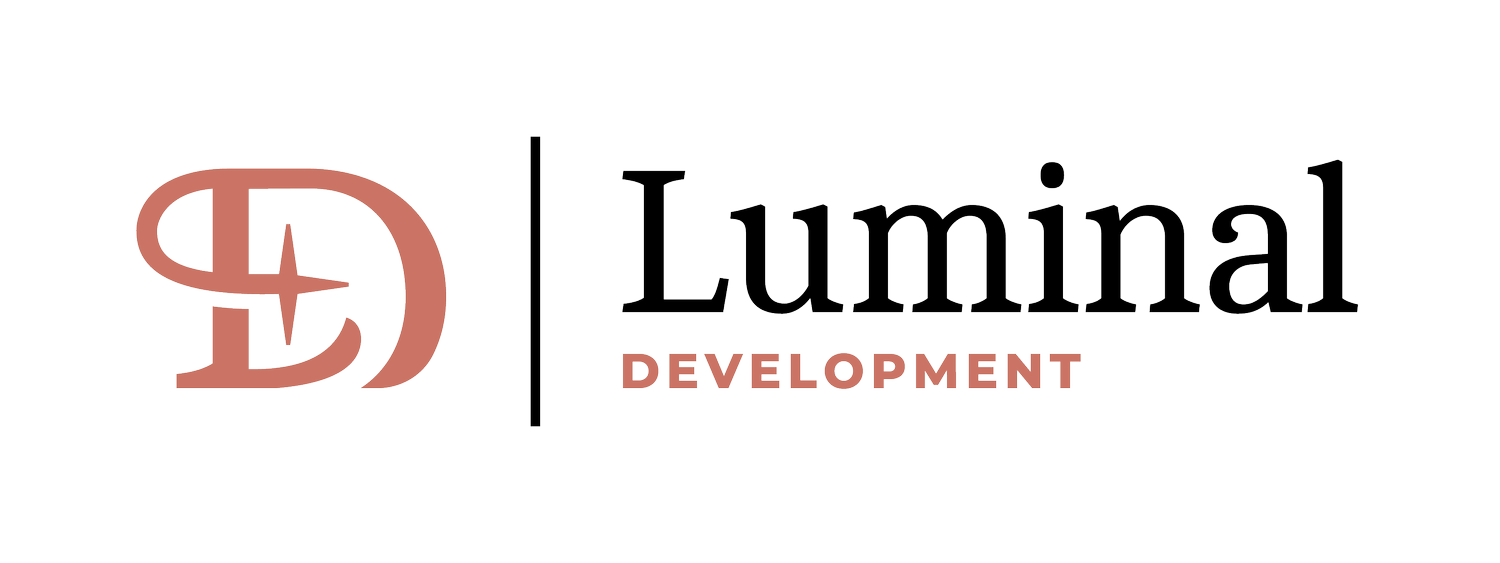Avoid the Cost of Conflict Debt
You don't have to feel the cost of not conflicting at work!
Productive conflict is crucial.
While most of us are trained from an early age to be relatively conflict averse, this tendency can have enormous consequences in the workplace. (OK, also in your personal life, but this is a workplace blog.) While many workplaces see an overwhelm of conflict - in fact, Science magazine suggested that the prevalence of workplace conflict cost US businesses $359 billion (with a B) - it’s equally as common to bury the conflict instinct deep, deep down where it won’t be a cause of potential rejection.
Here’s the thing. Lack of conflict leads to conflict debt.
Conflict debt is the sum of all undiscussed and unresolved issues that stand in the way of progress. The longer conflict goes unaddressed, the deeper into debt we get. And this happens whether the conflict we’re avoiding is relatively minor, like sharing that you’re frustrated when your boss takes days to answer your Slack messages, or much larger, like a concern about a safety feature on a new project.
The thing is that conflict debt, like real debt, is avoidable with forward thinking and access to tools to make better decisions. And because a CPP Global Report showed that 70% of employees believe managing conflict is a critically important leadership skill, it’s worth fostering.
Here are some tried and true tips to foster the right kind of conflict in your workplace.
Make this language switch
When we’re feeling frustrated, most of us tend to slip into the world of “you” language - using our words to blame and shame rather than to acknowledge our own part in the conflict. This sounds like, “You never answer my Slack messages!,” or, “You’re always undermining me in client meetings!” With “you” language, the argument is built in; the person you’re speaking to has little response but to go on the defensive. To avoid this, push your conflicting self to embrace the power of “I.” (Yes, in this instance, put yourself first.) “I feel undervalued when you don’t answer my Slack messages,” or “I feel like you speak over me in client meetings often.” When you shift the focus to “I,” you invite inquiry into the conversation, defusing tension.
Get curious with inquiry
Have you ever heard the phrase, “Everyone’s just waiting to talk?” This is particularly true in moments of conflict when we have big, escalated feelings. The art of asking a thoughtful question (or many) that are open, collaborative and designed to truly further understand is perhaps your most powerful weapon to defuse this type of tension. Some great inquiry questions include:
What is your perspective on this situation?
What’s my role here?
What makes you see it that way?
What else would be helpful?
See how those questions evoke genuine reflection and avoid blaming or shaming? They’re simple and they’re powerful.
Roleplay the problem
Finding common ground and a path forward is often impossible when we’re super stuck in our own idea. When facing a big organizational or interpersonal challenge, it can be a really effective tactic to role play a conflict conversation - except you and your “opponent” argue for the other’s idea. While this may feel a little out there for some of us, it’s a surprisingly effective way to push your own thinking and invite some humor into tense situations. Plus, a roleplay acknowledges that there is a conflict and that it needs to be solved; the first step in avoiding conflict debt.
Set the expectation
The most impactful teams conflict (productively) often and impactfully. But they can’t get there if their leader hasn’t been very clear that productive conflict is welcome and encouraged. To make conflict normal on your team, articulate why it’s important. Use examples if you can! Then, consider creating “conflicting norms” with the people who work together regularly. What is and isn’t, OK? When do you call for a break or outside perspective? Norms allow the team boundaries and a safe way to get their feet wet with conflicting and they also support that establishment of conflict as “something our team does because it matters.”
Productive conflict on your mind?
Ours, too! Our productive conflict workshop sessions for managers or teams are 60 - 120 minutes of research-based, action-oriented, game-changing tips, tricks and work to support any group to foster this critical skill.

